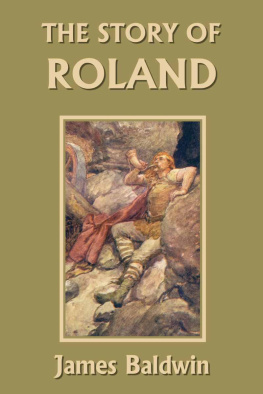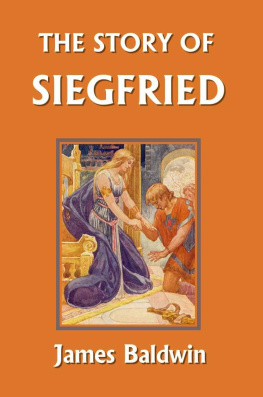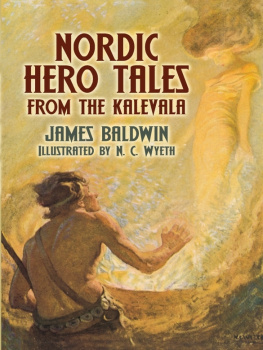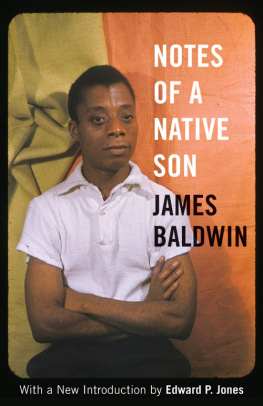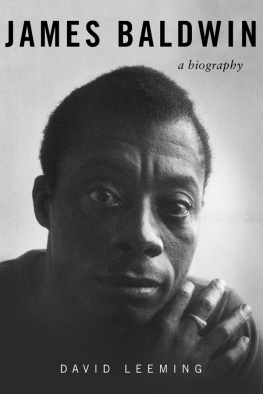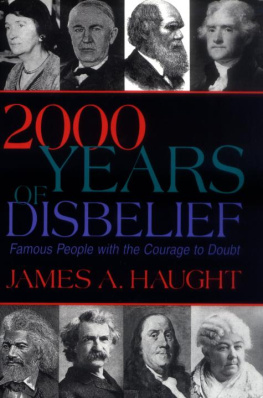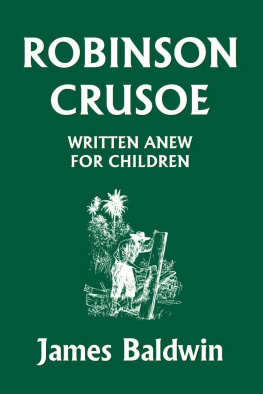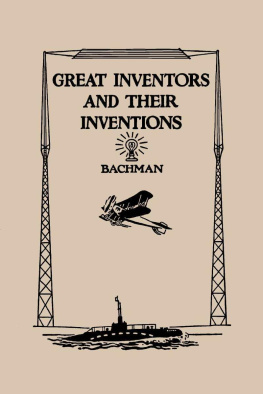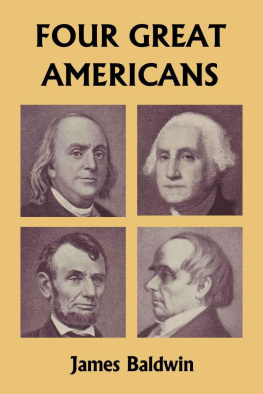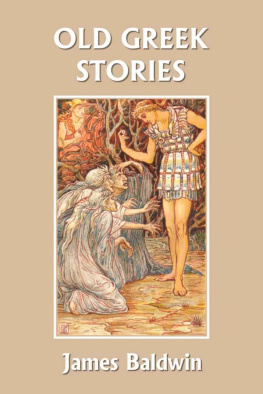Fifty Famous People
by
James Baldwin
Yesterday's Classics
Chapel Hill, North Carolina
Cover and Arrangement 2010 Yesterday's Classics, LLC
All rights reserved. No part of this book may be reproduced or retransmitted in any form or by any means without the written permission of the publisher.
This edition, first published in 2010 by Yesterday's Classics, an imprint of Yesterday's Classics, LLC, is an unabridged republication of the work originally published by American Book Company in 1912. This title is available in a print edition (ISBN 978-1-59915-007-9).
Yesterday's Classics, LLC
PO Box 3418
Chapel Hill, NC 27515
Yesterday's Classics
Yesterday's Classics republishes classic books for children from the golden age of children's literature, the era from 1880 to 1920. Many of our titles are offered in high-quality paperback editions, with text cast in modern easy-to-read type for today's readers. The illustrations from the original volumes are included except in those few cases where the quality of the original images is too low to make their reproduction feasible. Unless specified otherwise, color illustrations in the original volumes are rendered in black and white in our print editions.
Prefatory Note
O NE of the best things to be said of the stories in this volume is that, although they are not biographical, they are about real persons who actually lived and performed their parts in the great drama of the worlds history. Some of these persons were more famous than others, yet all have left enduring "footprints on the sands of time" and their names will not cease to be remembered. In each of the stories there is a basis of truth and an ethical lesson which cannot fail to have a wholesome influence; and each possesses elements of interest which, it is believed, will go far towards proving the fallibility of the doctrine that children find delight only in tales of the imaginative and unreal. The fact that there are a few more than fifty famous people mentioned in the volume may be credited to the authors wish to give good measure.
Contents
Saving the Birds
O NE day in spring four men were riding on horseback along a country road. These men were lawyers, and they were going to the next town to attend court.
There had been a rain, and the ground was very soft. Water was dripping from the trees, and the grass was wet.
The four lawyers rode along, one behind another; for the pathway was narrow, and the mud on each side of it was deep. They rode slowly, and talked and laughed and were very jolly.
As they were passing through a grove of small trees, they heard a great fluttering over their heads and a feeble chirping in the grass by the roadside.
"Stith! stith! stith!" came from the leafy branches above them.
"Cheep! cheep! cheep!" came from the wet grass.
"What is the matter here?" asked the first lawyer, whose name was Speed.
"Oh, it's only some old robins!" said the second lawyer, whose name was Hardin. "The storm has blown two of the little ones out of the nest. They are too young to fly, and the mother bird is making a great fuss about it."
"What a pity! They'll die down there in the grass," said the third lawyer, whose name I forget.
"Oh, well! They're nothing but birds," said Mr. Hardin. "Why should we bother?"
"Yes, why should we?" said Mr. Speed.
The three men, as they passed, looked down and saw the little birds fluttering in the cold, wet grass. They saw the mother robin flying about, and crying to her mate.
Then they rode on, talking and laughing as before. In a few minutes they had forgotten about the birds.
But the fourth lawyer, whose name was Abraham Lincoln, stopped. He got down from his horse and very gently took the little ones up in his big warm hands.
They did not seem frightened, but chirped softly, as if they knew they were safe.
"Never mind, my little fellows," said Mr. Lincoln. "I will put you in your own cozy little bed."
Then he looked up to find the nest from which they had fallen. It was high, much higher than he could reach.
But Mr. Lincoln could climb. He had climbed many a tree when he was a boy.
He put the birds softly, one by one, into their warm little home. Two other baby birds were there, that had not fallen out. All cuddled down together and were very happy.
Soon the three lawyers who had ridden ahead stopped at a spring to give their horses water.
"Where is Lincoln?" asked one.
All were surprised to find that he was not with them.
"Do you remember those birds?" said Mr. Speed. "Very likely he has stopped to take care of them."
In a few minutes Mr. Lincoln joined them. His shoes were covered with mud; he had torn his coat on the thorny tree.
"Hello, Abraham!" said Mr. Hardin. "Where have you been?"
"I stopped a minute to give those birds to their mother," he answered.
"Well, we always thought you were a hero," said Mr. Speed. "Now we know it."
Then all three of them laughed heartily. They thought it so foolish that a strong man should take so much trouble just for some worthless young birds.
"Gentlemen," said Mr. Lincoln, "I could not have slept to-night, if I had left those helpless little robins to perish in the wet grass."
Abraham Lincoln afterwards became very famous as a lawyer and statesman. He was elected president. Next to Washington he was the greatest American.
Another Bird Story
A GREAT battle had begun. Cannon were booming, some far away, some near at hand. Soldiers were marching through the fields. Men on horseback were riding in haste toward the front.
"Whiz!" A cannon ball struck the ground quite near to a company of soldiers. But they marched straight onward. The drums were beating, the fifes were playing.
"Whiz!" Another cannon ball flew through the air and struck a tree near by. A brave general was riding across the field. One ball after another came whizzing near him.
"General, you are in danger here," said an officer who was riding with him. "You had better fall back to a place of safety."
But the general rode on.
Suddenly he stopped at the foot of a tree. "Halt!" he cried to the men who were with him. He leaped from his horse. He stooped and picked up a bird's nest that had fallen upon the ground. In the nest were some tiny, half-fledged birds. Their mouths were open for the food they were expecting their mother to give them.
"I cannot think of leaving these little things here to be trampled upon," said the general.
He lifted the nest gently and put it in a safe place in the forks of the tree.
"Whiz!" Another cannon ball.
He leaped into the saddle, and away he dashed with his officers close behind him.
"Whiz! whiz! whiz!"
He had done one good deed. He would do many more before the war was over.
"Boom! boom! boom!"
The cannon were roaring, the balls were flying, the battle was raging. But amid all the turmoil and danger, the little birds chirped happily in the safe shelter where the great general, Robert E. Lee, had placed them.
"He prayeth best, who loveth best
All things both great and small;
For the dear God who loveth us,
He made and loveth all."


